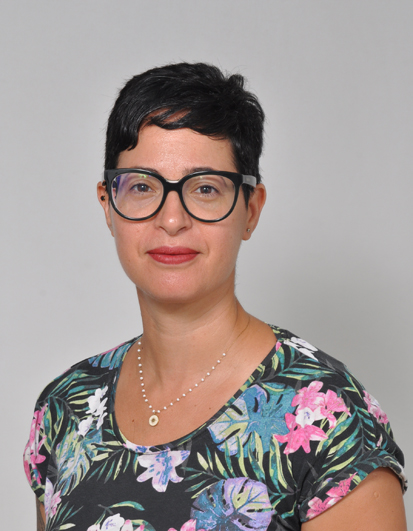2025
Project: “ Machtat ” of Kerkenah: An Empowering motherly continuum and cultural heritage/ “Machtat” de Kerkenah: Un continuum maternel et un héritage culturel valorisants
Dr. Souhir Zekri
( Assistant Professor of English Literature, Higher Institute of Digital Engineering of Tunis, University of Tunis/ Tunisia )
Souhir Zekri holds a PhD in English Studies from the University of Strathclyde (Glasgow, Scotland) and currently teaches at the Higher Institute of Digital Engineering of Tunis (University of Tunis). Her main research areas include life writing theory, motherhood and gender studies, the Italian Diaspora in Scotland, and spatial theory. She also writes creatively and focuses on the testimonial form in relation to the topic of the maternal. Her PhD dissertation was published as Mapping Metabiographical Heartlands in Marina Warner’s Fiction in 2019 and her forthcoming book Metaphors of Motherhood in Marina Warner’s Fiction will be published by Routledge in 2026.

Project IRF IV : Resources & Sustainability
This project was inspired by “Echoes of Machtat,” a Tunisian documentary directed and produced by Maram Neiri who won the first prize at the 10th edition of Ciné Par’Court. The word “Machtat” or “madta” literally means “hair comber” in Arabic and is defined by André Louis, a French IBLA Père Blanc and historian/ethnographer of the Kerkennah islands, as “a hairdresser” and/or “matron”, a word with connotations of feminine maturity, dignity, and most importantly of an imposing social position and authority. They are both respected and feared. Associated with the most important feminine rites of passage; that is marriage and birth-giving (as midwives), these women perform many tasks and display, in Louis’ words, “multiple talents” (137). Among such tasks, one can cite dressing and ornamenting the bride (hairdo, henna, traditional dress, jewelry, etc.), supervising parties, music and singing during the various stages of wedding parties.
The first socio-cultural implication of the “Machta” in this context is the preservation and the continuous building and rebuilding of the local feminine community and its folklore, both oral and concrete. The second one is its gender empowering potential and its positive repercussions on regional and cultural inequalities. Most interestingly, these women exist in various countries, cities and regions of the Maghreb, each possessing their own name or title and their specific songs, whether they are in Tunisia, Algeria, Morocco or Libya. They play equally important roles in other rites of passage such as circumcision and death by crying during funerals. A comparative study of the Machta’s roles and functions in relation to various Sahel regions (and eventually other Maghreb countries) would benefit the cultural, ethnographic and folkloric history of Kerkennah in particular, and Tunisia more generally. Neiri’s documentary will be my starting point, as my research will focus on various visual, oral and written references.
